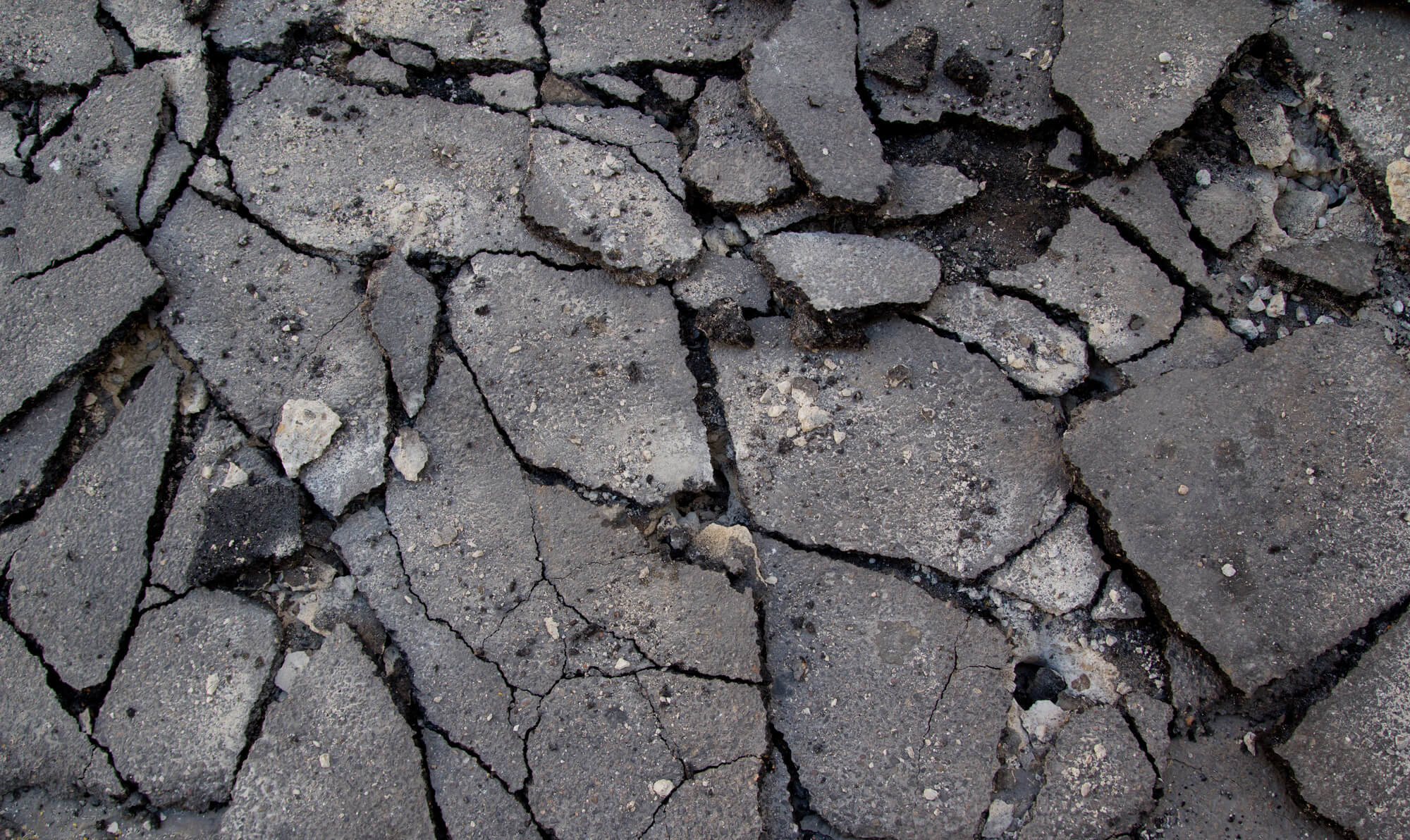Hot Mix Asphalt Paving: The Ultimate Option for Industrial Parking Lot Restorations
Hot Mix Asphalt Paving: The Ultimate Option for Industrial Parking Lot Restorations
Blog Article
Exploring the Ecological Benefits of Warm Mix Asphalt
The use of Hot Mix Asphalt in infrastructure tasks presents a compelling situation for sustainable development and environmental stewardship. By delving right into the elaborate details of its production processes and the cutting-edge use recycled materials, a deeper understanding arises of exactly how this technology surpasses mere surface applications. The ecological advantages of Warm Mix Asphalt prolong much past first perceptions, using a nuanced viewpoint on just how this product can lead the way for a greener future.

Reduced Greenhouse Gas Emissions
Hot Mix Asphalt production offers a substantial reduction in greenhouse gas exhausts contrasted to other sidewalk products. The production procedure of Hot Mix Asphalt includes heating up the blend of aggregate and asphalt binder to heats. This procedure requires much less power contrasted to the manufacturing of alternative pavement products, resulting in reduced greenhouse gas discharges. Furthermore, using recycled products in Warm Mix Asphalt further adds to lowering its ecological impact. By integrating reclaimed asphalt pavement and recycled asphalt roof shingles into the mix, the requirement for virgin products is reduced, leading to energy savings and reduced emissions related to removal and handling.
Research studies have shown that Warm Mix Asphalt sidewalks have a smaller sized carbon footprint over their life cycle contrasted to other pavement alternatives. The sturdiness and recyclability of Hot Mix Asphalt better improve its environmental advantages by decreasing the need for constant maintenance or substitute, consequently conserving sources and reducing emissions related to restoration tasks.
Energy Performance and Conservation
The manufacturing process of Hot Mix Asphalt not only minimizes greenhouse gas discharges but likewise adds substantially to power efficiency and preservation initiatives. Energy effectiveness is a crucial advantage of Warm Mix Asphalt production contrasted to various other sidewalk types. The procedure entails heating up the products at high temperature levels to develop the asphalt mix, which requires less power than alternate techniques. In addition, the capacity to recycle and reuse asphalt sidewalk better improves power preservation. By including reclaimed asphalt pavement (RAP) into new mixes, the sector conserves power that would have been required to create totally brand-new materials. Moreover, the toughness of Warm Mix Asphalt lowers the frequency of upkeep and restoration, leading to long-term energy financial savings. This durability decreases the energy-intensive procedures included in constant repair services and substitutes. In General, Hot Mix Asphalt stands out as an environmentally friendly option that focuses on energy performance and conservation throughout its lifecycle.
Lasting Pavement Solutions

One key aspect of sustainable pavement options is the use of recycled materials such as recovered asphalt pavement (RAP) and recycled asphalt roof shingles (RAS) By integrating these products into the asphalt mixtures, the demand for virgin resources is minimized, leading to lower energy intake and greenhouse gas emissions during manufacturing. Furthermore, the reuse of these products assists divert waste from landfills, adding to an extra circular and sustainable economy.
Additionally, lasting pavement solutions concentrate on maximizing pavement style to improve performance and durability. Methods such as cozy mix asphalt (WMA) and rock mastic asphalt (SMA) enhance the durability and durability of pavements, minimizing the demand for constant repair work and replacements. By implementing these ingenious methods, facilities developers can produce sidewalks that not only fulfill high-performance criteria but additionally decrease their ecological footprint.
Minimized Environmental Effect
Warm mix asphalt, in certain, supplies several benefits that add to minimizing the overall ecological footprint of roadway facilities. One key facet is the recyclability of asphalt, which can be reused several times without jeopardizing its top quality - Regrading.
Additionally, the production of warm mix asphalt discharges lower levels of greenhouse gases compared to various other sidewalk products, making it an extra environmentally pleasant alternative. The power effectiveness of asphalt plants has additionally improved over the years, bring about lowered fuel consumption and reduced exhausts. In addition, the smooth surface of hot mix asphalt decreases rolling resistance for lorries, resulting in lower gas intake and decreased air contamination from automobile emissions.
Contribution to Climate Adjustment Mitigation
Warm mix asphalt plays Continued an essential function in mitigating climate change via its sustainable buildings and decreased environmental impact. One considerable contribution to environment change reduction originates from the energy effectiveness of hot mix asphalt production. Contrasted to various other sidewalk options, the production process for warm mix asphalt eats much less energy and gives off reduced levels of greenhouse gases, thus reducing its total carbon footprint.
Additionally, hot mix asphalt's ability to show sunshine, called albedo, helps in decreasing click here for info city warm island impacts. By decreasing warm absorption and retention, warm mix asphalt sidewalks can decrease the demand for air conditioning in metropolitan locations, subsequently lowering greenhouse gas emissions associated with energy usage for cooling objectives.
Additionally, the sturdiness and recyclability of warm mix asphalt even more enhance its environment change reduction abilities. Regrading. The long life-span of asphalt sidewalks reduces the need for regular fixings or substitutes, inevitably lowering the carbon exhausts connected to roadway upkeep tasks. Additionally, the recyclability of asphalt products lessens the demand for virgin sources and lowers the ecological effect of pavement building, straightening with lasting techniques for climate modification reduction.
Final Thought
To conclude, the environmental advantages of Warm Mix Asphalt demonstrate its substantial contribution to lowering greenhouse gas emissions, conserving energy, and reducing ecological impact. This lasting pavement option straightens with environment change reduction initiatives, advertises resource preservation, and enhances facilities development. By using recycled products, energy-efficient manufacturing processes, and long lasting design, Warm Mix Asphalt plays a vital role in cultivating a much more eco-friendly technique to infrastructure building.
The manufacturing procedure of Warm Mix Asphalt entails heating up why not try these out the blend of accumulation and asphalt binder to high temperature levels. By incorporating reclaimed asphalt pavement and recycled asphalt tiles right into the mix, the need for virgin materials is lowered, leading to energy cost savings and decreased discharges connected with removal and handling.
One trick facet of sustainable pavement remedies is the use of recycled products such as reclaimed asphalt sidewalk (RAP) and recycled asphalt tiles (RAS) Techniques such as cozy mix asphalt (WMA) and stone mastic asphalt (SMA) improve the durability and resilience of sidewalks, minimizing the demand for regular repair work and substitutes. Contrasted to various other sidewalk options, the production process for hot mix asphalt consumes less energy and releases lower degrees of greenhouse gases, hence minimizing its general carbon footprint.
Report this page